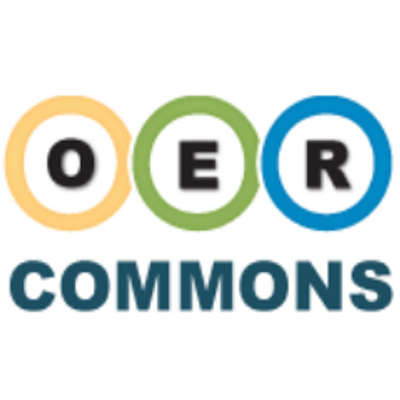I get to travel to Taiwan and China for 3 months to gather content for a book to share with my students! The project involves primary research and travel to develop and write for a themed textbook,
specifically for JCCC Composition 1 students, that we will provide as an Open Educational Resource (OER). To work around copyright, OER texts often lack compelling pictures, audio or visual supplemental material. This project will gather images, collect student generated narratives, and create content supporting themes of sustainability and China that can be used in a special topics section of
Composition 1 that I plan to teach. This project will support the goals of English, English for Academic Purposes (EAP) and international education.

Rationale and objectives – OER and their value: OER are openly licensed education materials that we can provide students at little to no cost for research, learning and teaching. The idea of Open Education coalesces around the values of public good and exploits the possibilities of technology to widely share and reuse knowledge (“What is an OER?” Creative Commons).
Feldstein et al. found that OER removed obstacles of accessibility and affordability while increasing student learning. Students in courses using OER had higher success rates, and better grades compared to students in classes requiring text purchase. Further research has shown that 70% of college students have passed on textbook purchase because the cost is prohibitive (Redden), and 20% of students have “skipped or deferred a class due to the price of required learning materials” (OER and the Evolving Higher Education Landscape). When we consider that the cost of textbooks rises at four times the rate of inflation, the current textbook model is unsustainable. Barry Bailey, Chair of Digital Projects, calculates that replacing texts in one class in the department “has the potential to save JCCC students a total of $31,320 per semester.” But beyond practical advantages for students, OER textbooks contribute to better learning because and they are fully customizable and adaptable to students.
Citations and further reading

10 am Sustainability: Short Essay Annotated Bibliography Wiki, Wikipage, 20 Sept 2016 https://tinyurl.com/y9vjuuqa accessed 10 October 2018
11 am Sustainability: Short Essay Annotated Bibliography Wiki, Wikipage, 20 Sept 2016 https://tinyurl.com/y9l2eu2d accessed 10 October 2018
Bailey, Barry. Personal Correspondence – letter of support. 4 October 2018 (see attachment)
Feldstein, A., Martin, M., Hudson, A., Warren, K., Hilton, J., & Wiley, D. (2012). Open textbooks and increased student access and outcomes. European Journal of Open, Distance and E–Learning.
“Getting Started with OER.” OER and Low Cost Materials at Penn State, oer.psu.edu/benefits-of-using-oer/.
Guptil, Amy. Writing in College: From Competence to Excellence. Open SUNY textbooks. 2016
“Newsroom.” New Report Shows College Textbooks Are “Ripoff 101” | Student PIRGs, 3 Feb. 2016, studentpirgs.org/news/sp/student-group-releases-new-report-textbook-prices. Accessed 10/6/18
OER and the Evolving Higher Education Landscape. Cegage whitepaper http://assets.cengage.com/pdf/wp_oer-evolving-higher-ed-landscape.pdf accessed 10/7/2018
Redden, Molly. “7 In 10 Students Have Skipped Buying a Textbook Because of Its Cost.” The Chronicle of Higher Education, The Chronicle of Higher Education,08/23/2011, www.chronicle.com/article/7-in-10-Students-Have-Skipped/128785/. Accessed 10/6/18
“What Is OER?” Case Studies/RIP: A Remix Manifesto – Creative Commons, wiki.creativecommons.org/wiki/What_is_OER?
“What Is OER?” Creative Commons, 8 Feb. 2016, wiki.creativecommons.org/wiki/What_is_OER%3F accessed 4 October 2018
